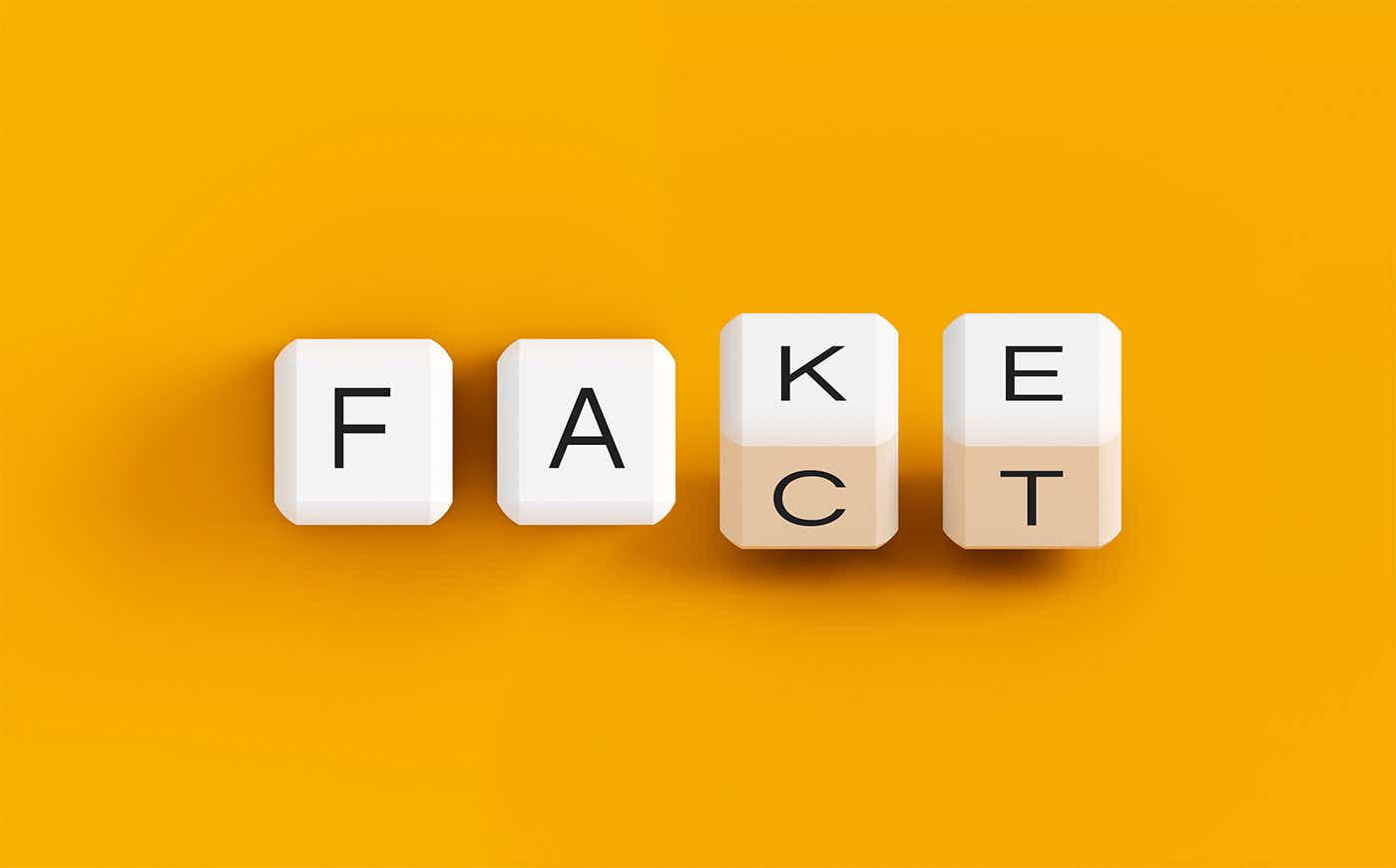Health officials aren’t just battling the spread of the coronavirus — they’re also forced to contend with the misinformation surrounding the pandemic, according to epidemiologist Dr. Seema Yasmin.
Yasmin, who previously served as an officer at the CDC’s Epidemic Intelligence Service, called this spread of false information a “misinfodemic” and a major problem, telling Wake-Up Call that “disinformation and misinformation has spread to epidemic levels.” She said scientists have a tendency to solely focus on the facts without taking into account that some Americans may not believe it.
The nation’s leading infectious diseases expert, Dr. Anthony Fauci, has voiced similar frustrations about the spread of misinformation, saying, “Get rid of these ridiculous conspiracy theories.” During an editorial board meeting with USA Today, he addressed the false notion being perpetuated by some — including President Trump himself — that Covid-19 is no worse than the flu, but Fauci emphasized that it’s wrong to compare the two.
“When you ask me about frustration, which borders on pain, it’s that either people don’t want to look at the data or they look at the data and they say it’s fake. No, it isn’t fake. … This is a global issue,” he told USA Today.
Yasmin called on scientists and public health officials to acknowledge that the pandemic has become a political issue, saying science alone isn’t enough to combat the rise of misinformation.
“One thing that happens as a scientist is that you like to kind of delude yourself that you are very neutral and you’re apolitical, but in the real world, science is political, public health is political, and we’ve seen that really manifest in the ugliest way possible because wearing a mask has become deeply polarizing,” she said.
While Yasmin said this kind of misinformation isn’t new, its message is. She said that alleged dangers around a vaccine and wearing a mask have been posed as a threat to the American way of life rather than a threat to public health.
“These are really deep-seated, ideological beliefs that science alone just can’t counter. Just telling somebody, ‘No, the vaccine is safe,’ when they believe that the vaccine goes against the idea of being American,” she said. “Science alone can’t tackle that.”
Though most Americans support wearing protective masks and understand their importance, some misconceptions still linger. Per a WebMD poll, just 45% of respondents knew that masks do not cause a potentially harmful buildup of carbon dioxide.
Americans are also struggling to navigate the flood of information on the coronavirus pandemic in general. A Gallup poll in May found that Americans were divided over whether it was harder or easier to be well-informed about the coronavirus because of easy access to a wide variety of information sources. Fifty-eight percent believed they were well-informed about the virus, while 36% indicated they felt overwhelmed.
Recognizing this disconnect, the World Health Organization outlined its top tips for how to identify misinformation or disinformation. This includes everything from accessing the source and identifying the author to examining the sources and checking your own biases.
“We all have biases and these factor into how we view what’s happening around us. Evaluate your own biases and why you may have been drawn to a particular headline or story,” the organization wrote.
But to complicate matters, the Trump administration has cut ties with the organization, citing what he called the WHO’s misuse of funding and its cozy relationship with China. Epidemiologist Dr. Sandro Galea, dean of Boston University’s School of Public Health, called the move a “terrible mistake.”
“Viruses do not respect national borders and acting in concert with other countries is no question the right thing to do,” Galea told Wake-Up Call.
Though President-elect Joe Biden has vowed to rejoin the organization, Yasmin believes his administration still faces a formidable challenge ahead, saying it will need to take a “really calculated and evidence-based” approach.
But she remains optimistic, saying the potential change in rhetoric can make a “big difference” in efforts to mitigate the virus’s spread.
“The new administration has its work cut out because it’s not starting with a fresh crisis,” Yasmin said. “They’re not starting on Jan. 20, 2020 — they’re starting in January 2021 when already the death toll is past a quarter of a million people — already the American public is really weary and really wary.”
Written and reported by senior writer Tess Bonn









